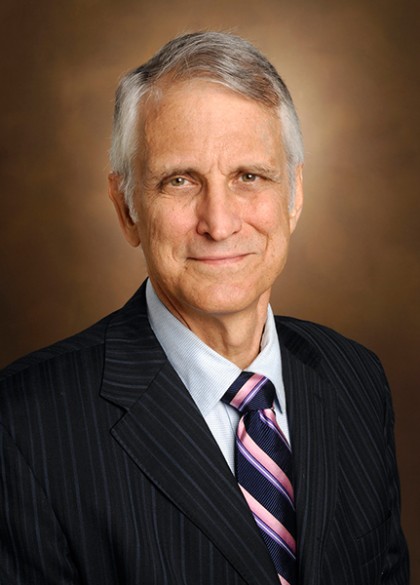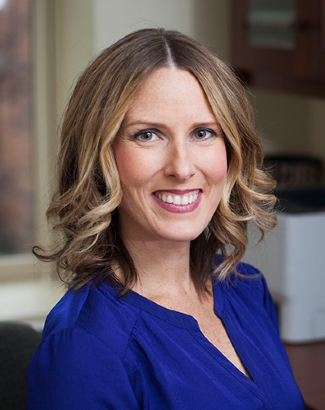By Jenna Somers
Vanderbilt researchers are prolific and resolute in their pursuit of transformative research and innovation. During the Research Ramp-up process, more than 3,000 Vanderbilt research personnel have returned to in-person research activities, while many others have continued remotely through perseverance and ingenuity. On campus and at home, they are making discoveries that advance knowledge and improve lives.
The following stories are part of a series highlighting the impact of the Research Ramp-down and Ramp-up processes and the various ways Vanderbilt researchers and their teams have persisted in their work throughout the COVID-19 pandemic.
John Wikswo, College of Arts and Science: Advancing research into SARS-CoV-2

Under the direction of Gordon A. Cain University Professor John Wikswo, the Vanderbilt Institute for Integrative Biosystems Research and Education (VIIBRE) conducts cell biology research and builds tools—organs on chips and their perfusion systems—to support cell biology. Soon after the COVID-19 pandemic began, the lab collaborated in several ways on COVID-19 and SARS-CoV-2-related research.
Spurred on by an idea from VIIBRE staff scientist Jacquelyn Brown, Wikswo assembled an interdisciplinary team of Vanderbilt scientists to conduct a genomic and structural analysis of the ACE2 receptor protein in various animal species to predict their susceptibility to COVID-19. The team published a paper on their research and built a publicly available tool where people can enter the ACE2 sequence of a species to learn about its COVID-19 susceptibility level.
Wikswo has also received over $1 million from the National Institutes of Health for an emergency COVID-19 project to build and use a new class of self-contained bioreactors for studying SARS-CoV-2 infection of the airway and the endothelial cells on the blood-brain barrier. The goals of this study are to evaluate how SARS-CoV-2 infection in an airway chip contributes to both the organ dysfunction in COVID-19 and potential central nervous system (CNS) infection, and to determine how well the combination of anti-viral and anti-inflammatory drugs can address CNS involvement in COVID-19.
This study, which requires Biosafety Level 3 facilities, is a joint project with researchers at the National Center for Biodefense and Infectious Diseases at George Mason University. The NIH grant was made possible by the research team’s anticipation of the need for the new bioreactor early in the shutdown. They filed a provisional patent application on their bioreactor design prior to submitting the successful proposal.
“We shifted pretty quickly to thinking about how we could contribute to COVID-19 research,” Wikswo said. “Our lab may have been shut down, but during that time we published a COVID-19 paper, successfully applied for funding for COVID-19 research, and filed a patent application, all while working together remotely and attending to our regular work. I was also a member of the Vanderbilt University Public Health Advisory Task Force on COVID-19, and this fall I taught 17 undergraduate and graduate students from across the university a seminar class on the systems biology of COVID-19, with the goal of understanding how COVID-19 long-haulers is related to chronic fatigue syndrome and similar conditions. Busy times.”
Terrah Akard, School of Nursing: Studying the effectiveness of music therapy delivered virtually

Terrah Akard, associate professor at the School of Nursing, experienced a research obstacle that evolved into an opportunity. She and her team are conducting a study to examine the feasibility of a family songwriting intervention for 5- to 17-year-old children with serious illnesses and their family members. The team planned to begin enrollment in spring 2020, but the study was paused due to COVID-19 restrictions. During that time, they adapted their protocol to deliver the intervention entirely via Zoom, and the study is now ongoing with completely remote delivery research methods, allowing families to safely participate from their homes.
Through four Zoom sessions over three weeks, about 25 families will be enrolled with a board-certified music therapist who will guide parents to write song lyrics about their child. A final music DVD will be created for each family by incorporating musical accompaniment, photographs and video of child and family interactions, the audio recording of song lyrics sung independently by family members or with help from the music therapist, and audio recordings of the child’s physiology (e.g. verbalizations and respirations). Akard’s team will measure the efficacy of the intervention through parent surveys about the child’s psychological distress and physical symptoms, parent psychological distress, and family environment before and after the intervention.
Determining how to effectively deliver music therapy via songwriting using Zoom, particularly for children with serious health conditions, was one of the biggest challenges of going remote. Akard credits the members of the study team, including music therapists Dana Kim and Rylie Webber, for their leadership and expertise in troubleshooting technological challenges and refining the intervention for utmost efficacy, all while prioritizing the safety of families during the pandemic.
Preliminary feedback from parents suggests that the remote songwriting intervention is not only feasible, but also convenient for the children and their families. In early 2021, Akard’s team plans to test the effects of the intervention by expanding the study nationwide through social media recruitment.
“This study is about enhancing life for these incredible children and their families,” Akard said. “To join them in a small part of their journey or hear from them that this project was helpful in some way is beyond rewarding for me and my team.”